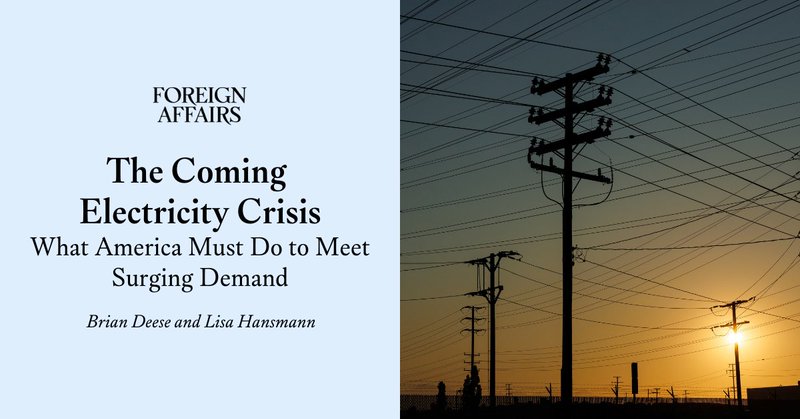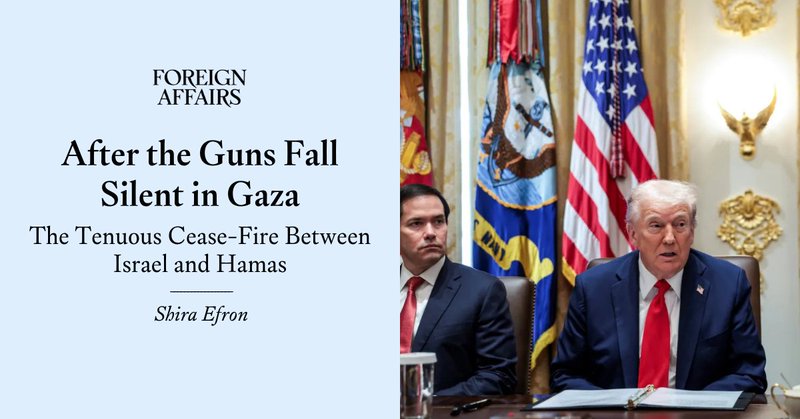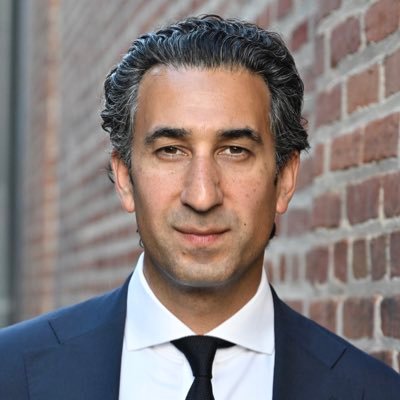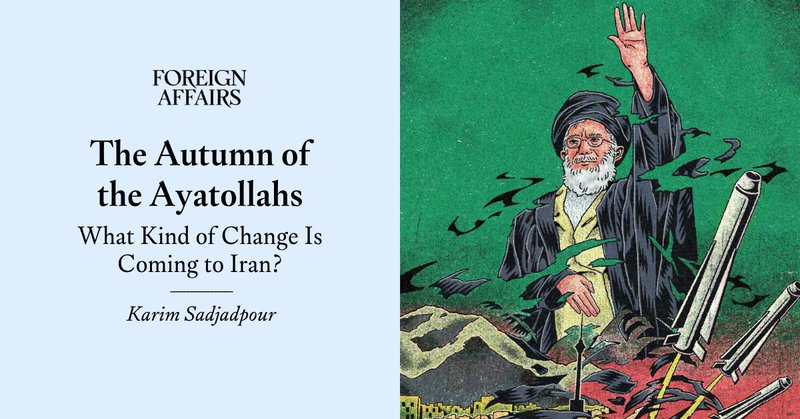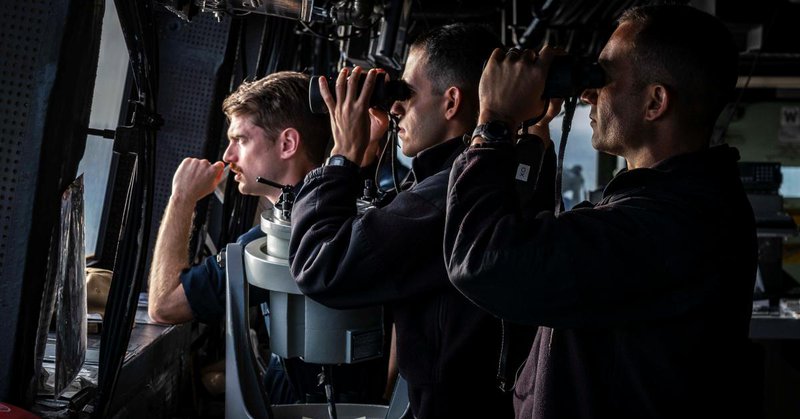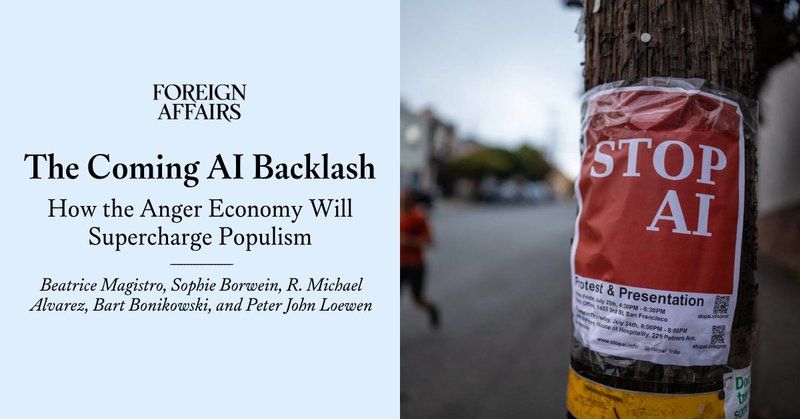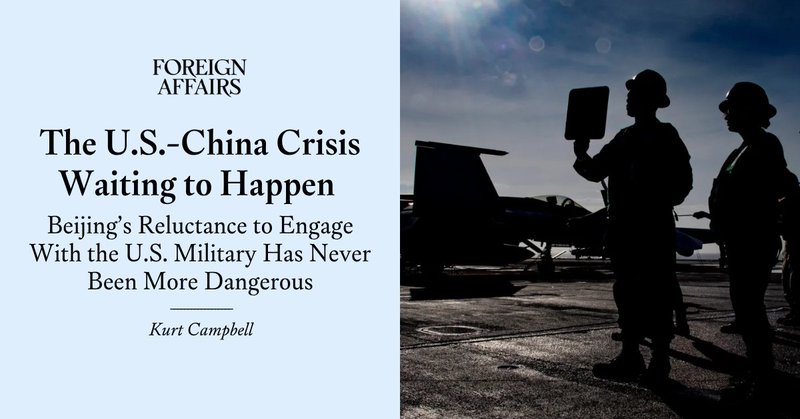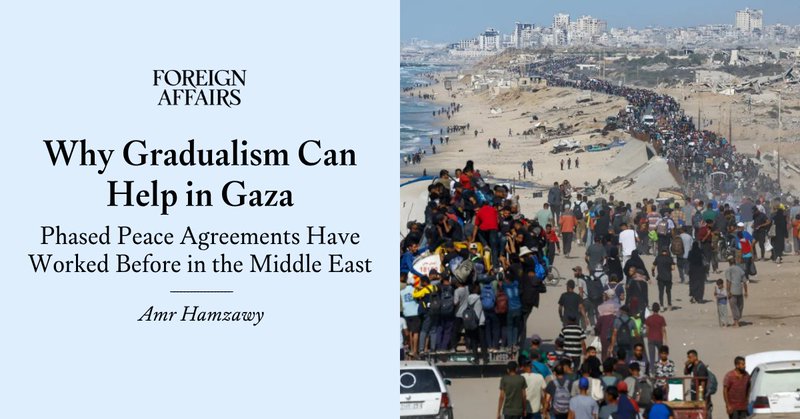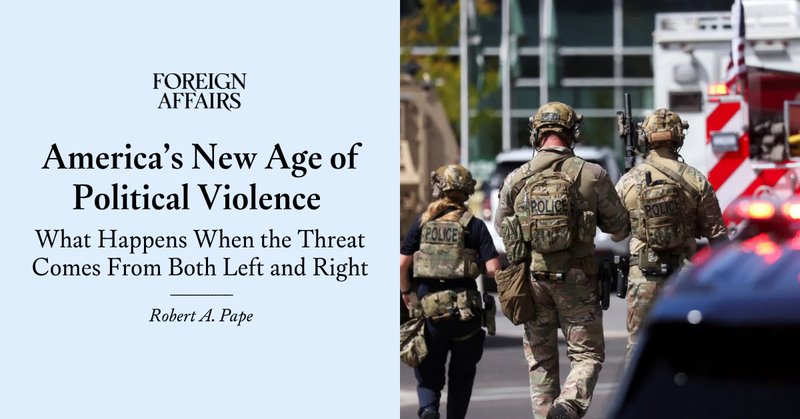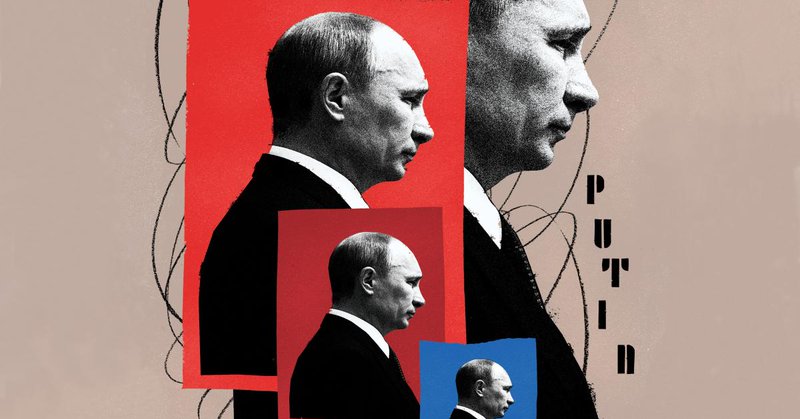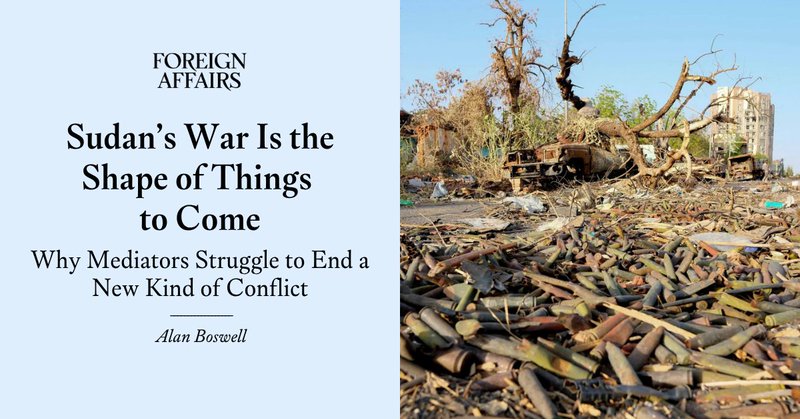
Foreign Affairs
@ForeignAffairs
Followers
930K
Following
662
Media
7K
Statuses
132K
A magazine of U.S. foreign policy and international affairs, founded in 1922. Sign up for our newsletters: https://t.co/MpbtG0OxgB
New York, NY
Joined February 2009
Our September/October 2025 issue is now available online. Start reading here: https://t.co/GRqsjyI47I
foreignaffairs.com
22
78
159
“Even if a military intervention in Venezuela began well, U.S. forces would likely find themselves bogged down in the messy work of keeping the peace and rebuilding institutions for years to come,” wrote Frank Mora in a 2019 essay. https://t.co/4nhuk0YdZm
foreignaffairs.com
Even if a military intervention began well, U.S. forces would likely find themselves bogged down in the messy work of keeping the peace for years to come.
4
6
8
To meet skyrocketing demand for electricity—and lower electricity bills for households—U.S. policymakers must “embrace reforms that put consumers first and let efficient solutions win,” argue @BrianCDeese and Lisa Hansmann. https://t.co/LaDfOR9TCq
foreignaffairs.com
What America must do to meet surging demand.
5
2
3
To prevent a renewed war in Gaza, the United States must keep up its pressure on Israel—and the Arab states will need to maintain their pressure on Hamas, argues former U.S. Envoy to the Middle East @AmbDennisRoss. https://t.co/jxNxZH12kq
foreignaffairs.com
American and Arab pressure can ensure Israel and Hamas reach a durable settlement.
7
2
9
Mediators have long understood “that both Palestinian and international peacekeepers will need to take responsibility for securing Gaza,” writes @ShiraEfron. “But training such a force has barely begun.” https://t.co/I1BAYZUjml
foreignaffairs.com
The tenuous cease-fire between Israel and Hamas.
0
3
7
“Although stopping the suffering in Gaza, together with securing the release of hostages and prisoners, is an urgent and necessary goal, it remains only another form of cease-fire—not a lasting peace,” writes @raad_zeid. https://t.co/k0SH83vfBI
foreignaffairs.com
Turning the Gaza cease-fire into lasting peace.
3
3
5
Forty-six years after its 1979 revolution transformed the Middle East, Iran is once again on the cusp of a leadership transition with profound regional and global implications. In my new @ForeignAffairs essay, I explore what could come next.
foreignaffairs.com
For the first time in nearly four decades, Iran is on the cusp of a change of leadership—and maybe even of regime. As Supreme Leader Ayatollah Ali Khamenei’s reign nears its end, a 12-day war in June...
6
27
76
“If past is precedent, Hamas will fight tooth and nail to preserve its political and military standing in Gaza and its commitment to violently oppose prospects for peace,” writes @Levitt_Matt. https://t.co/8qPdaiAXEy
foreignaffairs.com
As it has in the past, the group will retrench and rearm.
1
5
7
“Khamenei’s age, inflexibility, and looming departure have left Iran suspended between prolonged decay and sudden upheaval,” writes @ksadjadpour. “Once Khamenei is gone, several possible futures are foreseeable.” https://t.co/t3DPm8ENAm
foreignaffairs.com
For the first time in nearly four decades, Iran is on the cusp of a change of leadership—and maybe even of regime. As Supreme Leader Ayatollah Ali Khamenei’s reign nears its end, a 12-day war in June...
4
7
12
“U.S. policymakers must accept that investing in deliberately temporary systems is essential, not wasteful,” argue Maximilian Bremer and @ka_grieco. “As on the beaches of Normandy in 1944, logistics itself can be a decisive weapon in battle.” https://t.co/qcGzzLiVKz
foreignaffairs.com
The real logistics challenge in the Taiwan Strait.
0
2
3
“Russia is systemically trying to capture and institutionalize its wartime experience and prepare for a postwar reform period,” writes @MassDara. “It realizes that the future character of warfare is changing, so the military must change, as well.” https://t.co/TVhE8kkjEv
foreignaffairs.com
What the Kremlin is learning from the war in Ukraine.
1
13
35
What would an effective strategy for addressing large-scale AI disruption look like? https://t.co/4RuQWH31oN
foreignaffairs.com
How the anger economy will supercharge populism.
2
2
5
To reengage U.S.-Chinese military diplomacy, U.S. officials must understand Beijing’s “deep skepticism that U.S.-led initiatives will advance China’s interests”—and find ways to overcome this profound distrust, writes Kurt Campbell. https://t.co/aswyWGrFgw
foreignaffairs.com
Beijing’s reluctance to engage with the U.S. military has never been more dangerous.
0
5
8
Read @HamzawyAmr on how the United States and its partners can ensure that the Gaza deal successfully transitions to its next phase: https://t.co/senGYZDgwD
foreignaffairs.com
Phased peace agreements have worked before in the Middle East.
3
3
6
“[Russia’s] learning is not just staying channelized in the war with Ukraine. It’s disseminating to partners across the globe. It's going to be a huge factor if there's any conflict, even a limited one, between Russia and NATO.” https://t.co/y5ChpWW42f
foreignaffairs.com
A Conversation With Dara Massicot
6
5
5
“Intentionally or not, U.S. political elites on both sides of the partisan spectrum have encouraged the mobilization of the country into two separate, fighting camps,” writes @ProfessorPape. https://t.co/pZfTuBA06i
foreignaffairs.com
What happens when the threat comes from both left and right.
4
4
9
“If Putin has aspired to be a ruthless modern tsar, he is not the all-seeing, all-powerful one he is often portrayed to be,” wrote @sbg1 in a 2019 essay. “He is an elected leader, even if those elections are shams.” https://t.co/Y2OopIEThw
foreignaffairs.com
Despite fashioning himself as a tsar, Russian President Vladimir Putin’s deep insecurity defines his political decisions.
4
7
14
Even if Russia succeeds in maintaining its military presence in Syria, it is unlikely to play a significant role in shaping the country’s future, writes @HannaNotte. https://t.co/QNgvnFmUnF
foreignaffairs.com
How Moscow has retained influence in the post-Assad era.
4
5
11
In Sudan, the meddling of middle powers has not only exacerbated the conflict, but has “also rendered peacemaking all but impossible,” writes @alanboswell. https://t.co/AHOQ6qYTFX
foreignaffairs.com
Why mediators struggle to end a new kind of conflict.
5
10
8
.@danwwang and Arthur Kroeber explain how China became a technological powerhouse—and argue that Washington should focus less on slowing Beijing’s momentum and more on strengthening its own capacity. https://t.co/iKVMKIviQj
foreignaffairs.com
Beijing’s enduring formula for wealth and power.
7
5
9
Read @GalipDalay and @SanamVakil on how Israel’s aggression is reshaping the Middle East—and how the United States should respond: https://t.co/85G1RB1m3S
foreignaffairs.com
Why Washington will rue the costs of Israeli aggression.
2
5
6



